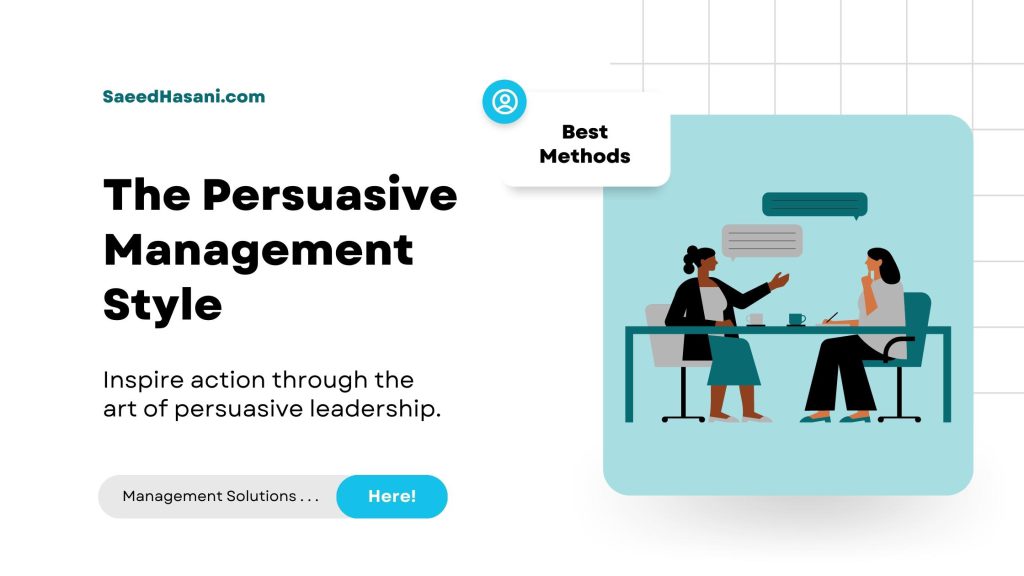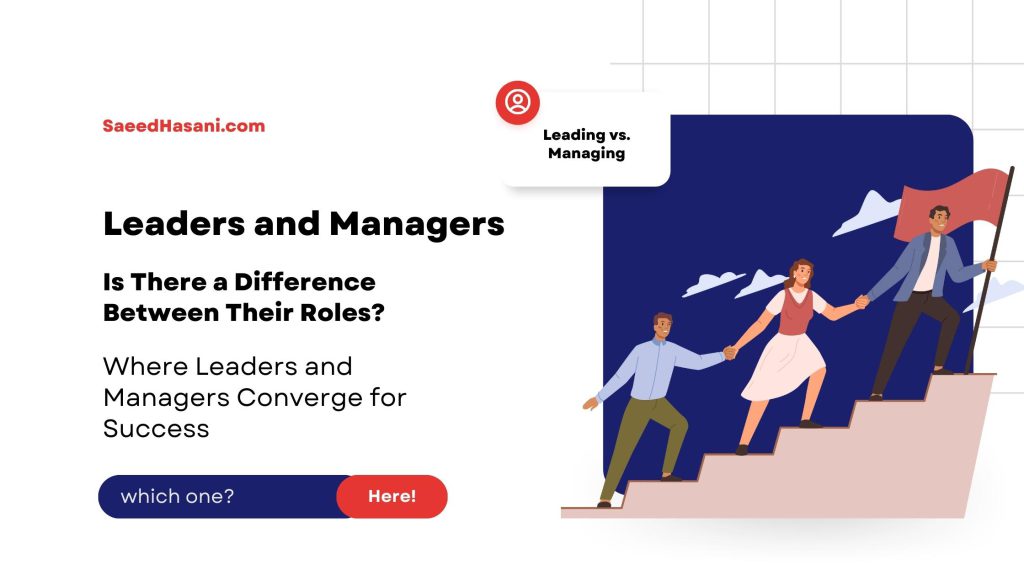101 Best Topics to Write Interviews: Ultimate List!

Are you ready to ace your next job interview? Discover the essential “Topics to Write Interviews” that will help you stand out and impress potential employers.
Dive into this guide to uncover the key conversation points that highlight your qualifications, experiences, and fit for the role, ensuring you leave a lasting impression.
Content Overview:
What Are the Interview Topics?
Topics to Write Interviews are conversation points to discuss during your job interview. These encompass your qualifications, skills, work experiences, goals, and behaviors.
Mentioning these topics can enhance your chances of success by providing the interviewer with a clearer understanding of your personality and determining if you are a suitable fit for the job.
When preparing for your interview, consider topics relevant to your experience and skills. Think about what the hiring manager is seeking in a candidate and include pertinent information to prepare these conversation topics. Additionally, researching the role and the company you’re applying to is beneficial.
This allows you to discuss your knowledge of the job responsibilities, showing the interviewer that you are well-prepared and informed.
15 Background and experience topics
Here are 15 background and experience topics that you can prepare to discuss during your job interview:
- Educational Background: Discuss your academic achievements, relevant courses, and any honors or awards received.
- Previous Work Experience: Highlight your roles, responsibilities, and key achievements in past jobs.
- Internships and Co-op Programs: Talk about any internships or cooperative education programs you participated in, and what you learned from them.
- Certifications and Training: Mention any professional certifications or training programs you have completed that are relevant to the job.
- Major Projects: Describe major projects you have worked on, your role in them, and the outcomes.
- Leadership Experience: Discuss any leadership roles you have held, whether in professional settings, school organizations, or volunteer groups.
- Volunteer Work: Talk about any volunteer work you have done and the skills you gained from these experiences.
- Technical Skills: Highlight any specific technical skills you possess, such as proficiency with software, tools, or programming languages.
- Industry Knowledge: Demonstrate your understanding of the industry you are applying to, including current trends and challenges.
- Achievements and Awards: Share any awards or recognitions you have received in your career or education.
- Teamwork and Collaboration: Discuss your experience working as part of a team, including any challenges and how you overcame them.
- Problem-Solving Experience: Describe situations where you had to solve complex problems and the approaches you used.
- Communication Skills: Provide examples of how you have effectively communicated in various settings, such as presentations, reports, or team meetings.
- Adaptability and Flexibility: Talk about instances where you had to adapt to changes or handle unexpected challenges in your work.
- Career Progression: Explain how your career has progressed over time, highlighting key transitions and what motivated those changes.
By preparing these topics, you can provide a comprehensive overview of your background and experiences, helping the interviewer gain a better understanding of your qualifications and fit for the role.
15 Education topics
Here are 15 education topics you can prepare to discuss during your job interview:
- Degree Programs: Discuss the degrees you have earned, including majors, minors, and any double majors.
- Coursework: Highlight specific courses that are particularly relevant to the job you’re applying for.
- Academic Achievements: Mention any honors, such as summa cum laude, magna cum laude, or cum laude distinctions.
- Thesis or Dissertation: If applicable, describe your thesis or dissertation, its focus, and any significant findings or contributions.
- Research Projects: Talk about any research projects you were involved in, your role and the outcomes.
- Certifications: Include any additional certifications or specialized training programs you have completed.
- Extracurricular Activities: Discuss your involvement in clubs, sports teams, or other student organizations.
- Study Abroad Programs: Describe any study abroad experiences, what you learned, and how they contributed to your education.
- Capstone Projects: Detail any capstone or senior projects, including your role and the results.
- Relevant Skills: Highlight any specific skills you developed during your education, such as proficiency in software, languages, or technical skills.
- Professional Development: Mention any workshops, seminars, or conferences you attended as part of your educational journey.
- Teaching or Tutoring Experience: If you have experience teaching or tutoring, discuss what subjects you taught and what you learned from the experience.
- Internships: Provide details about any internships you completed, including your responsibilities and what you learned.
- Group Projects: Describe your experiences with group projects, including your role and how you collaborated with others.
- Field Work or Practicums: Mention any hands-on fieldwork or practicums you participated in and what you gained from those experiences.
Preparing these education topics can help you demonstrate the breadth and depth of your academic background, making you a more compelling candidate for the position.
15 Behavioral topics
Here are 15 behavioral topics you can prepare to discuss during your job interview:
- Teamwork: Describe a time when you worked as part of a team. What was your role, and how did you contribute to the team’s success?
- Leadership: Share an experience where you took on a leadership role. How did you lead the team, and what was the outcome?
- Conflict Resolution: Discuss a situation where you had to resolve a conflict. What steps did you take, and what was the result?
- Problem-Solving: Provide an example of a challenging problem you faced and how you solved it.
- Adaptability: Talk about a time when you had to adapt to a significant change at work. How did you handle it?
- Time Management: Describe how you prioritize your tasks when you have multiple deadlines.
- Failure: Share an instance where you failed at something. What did you learn from the experience?
- Success: Talk about a significant achievement and what you did to accomplish it.
- Work Ethic: Provide an example that demonstrates your work ethic and dedication.
- Creativity: Discuss a time when you had to think outside the box to solve a problem or improve a process.
- Communication: Describe a situation where effective communication was critical to the success of a project or task.
- Initiative: Share an experience where you took the initiative to start a project or improve a process without being asked.
- Handling Pressure: Talk about a time when you were under significant pressure. How did you manage it?
- Decision-Making: Provide an example of a tough decision you had to make. What was the process you used to make your decision?
- Customer Service: Describe a time when you had to deal with a difficult customer or client. How did you handle the situation?
Preparing these behavioral topics will help you articulate your experiences and demonstrate key qualities that employers look for, such as leadership, teamwork, problem-solving, and adaptability.
15 Skill-related topics
Here are 15 skill-related topics you can prepare to discuss during your job interview:
- Technical Skills: Highlight your proficiency in specific software, tools, or programming languages relevant to the job.
- Project Management: Discuss your experience with project management methodologies (e.g., Agile, Scrum) and any tools you use (e.g., Trello, Asana).
- Data Analysis: Describe your ability to analyze data, including any relevant tools (e.g., Excel, SQL, Python), and how you’ve used data to drive decisions.
- Communication Skills: Provide examples of both your written and verbal communication skills, such as writing reports or delivering presentations.
- Leadership Skills: Share instances where you demonstrated leadership, including leading teams or projects and motivating others.
- Problem-Solving Skills: Talk about your approach to identifying problems, developing solutions, and implementing them effectively.
- Customer Service Skills: Describe how you handle customer interactions, resolve complaints, and maintain customer satisfaction.
- Sales and Negotiation Skills: Discuss your experience in sales, including techniques you use to close deals and negotiate contracts.
- Organizational Skills: Highlight your ability to organize tasks, manage time, and maintain detailed records.
- Creativity and Innovation: Provide examples of how you’ve used creativity to develop new ideas, products, or processes.
- Team Collaboration: Describe your experience working in teams, including how you collaborate, communicate, and contribute to team success.
- Adaptability and Flexibility: Talk about your ability to adapt to new situations, learn new skills quickly, and remain flexible in dynamic environments.
- Attention to Detail: Provide examples of tasks that required meticulous attention to detail and how your focus ensured accuracy and quality.
- IT and Digital Skills: Highlight your proficiency with digital tools and platforms, cybersecurity knowledge, and any relevant IT certifications.
- Financial Management: Discuss your experience managing budgets, financial planning, and using financial software (e.g., QuickBooks, SAP).
These skill-related topics will help you showcase your competencies and how they align with the job requirements, making you a stronger candidate for the position.
15 Company-related topics
Here are 15 company-related topics you can prepare to discuss during your job interview:
- Company History: Discuss the history of the company, its founding, and significant milestones.
- Mission and Values: Talk about the company’s mission statement and core values, and how they resonate with you.
- Products and Services: Describe the company’s main products or services and any recent innovations or developments.
- Target Market: Discuss the primary market the company serves and any key customer segments.
- Competitors: Provide an overview of the company’s main competitors and what differentiates the company from them.
- Recent News: Mention any recent news articles, press releases, or significant announcements related to the company.
- Financial Performance: If applicable, discuss the company’s recent financial performance, including revenue growth, profitability, or market share.
- Corporate Culture: Talk about what you know regarding the company’s work culture and how it aligns with your values and work style.
- Leadership Team: Highlight key members of the leadership team, their backgrounds, and their contributions to the company.
- Corporate Social Responsibility: Discuss the company’s initiatives in corporate social responsibility, sustainability, or community involvement.
- Future Plans: Talk about the company’s strategic plans, future goals, or any upcoming projects or expansions.
- Partnerships and Alliances: Mention any significant partnerships, alliances, or collaborations the company has with other organizations.
- Awards and Recognitions: Highlight any awards or recognitions the company has received in its industry.
- Employee Programs: Discuss any employee development programs, benefits, or initiatives that stand out.
- Industry Position: Provide your perspective on the company’s position within its industry and any trends that may affect its future.
These company-related topics will show your thorough understanding of the organization and demonstrate your genuine interest in becoming a part of their team.
15 Choices and relationships topics
Here are 15 choices and relationships topics you can prepare to discuss during your job interview:
- Career Choices: Explain the reasons behind your career choices, including why you chose your current field and what motivates you.
- Job Changes: Discuss your decision-making process for changing jobs or careers, including what you look for in new opportunities.
- Professional Relationships: Talk about how you build and maintain professional relationships with colleagues, clients, and supervisors.
- Mentorship: Describe any mentoring relationships you have had, either as a mentor or mentee and their impact on your career.
- Networking: Discuss your approach to networking and how it has helped you in your career.
- Work-Life Balance: Explain how you manage your work-life balance and the choices you make to maintain it.
- Team Dynamics: Talk about how you navigate different team dynamics and your role in fostering a positive team environment.
- Conflict Management: Provide examples of how you handle conflicts in the workplace and the choices you make to resolve them.
- Ethical Decisions: Discuss a time when you faced an ethical dilemma and the choices you made to address it.
- Client Relationships: Describe how you build and sustain strong relationships with clients or customers.
- Leadership Style: Explain your leadership style and the choices you make to motivate and guide your team.
- Feedback and Criticism: Talk about how you handle feedback and criticism, and how you use it to improve your performance.
- Personal Development: Discuss the choices you make for your personal and professional development, including continuing education or skill-building activities.
- Cultural Sensitivity: Explain how you handle working in diverse environments and the choices you make to ensure cultural sensitivity and inclusivity.
- Decision-Making Process: Describe your approach to making important decisions at work, including how you gather information, consider alternatives, and make final choices.
These choices and relationship topics will help you convey your interpersonal skills, decision-making abilities, and how you navigate professional relationships, which are all key aspects employers look for in candidates.
15 Values topics
Here are 15 values-related topics you can prepare to discuss during your job interview:
- Integrity: Describe a time when you had to demonstrate honesty and integrity in a difficult situation.
- Work Ethic: Talk about your commitment to hard work and how it influences your job performance.
- Respect: Discuss how you show respect for colleagues, clients, and supervisors in the workplace.
- Accountability: Provide an example of a situation where you took responsibility for a mistake and how you handled it.
- Teamwork: Explain the importance of collaboration and how you contribute to a team-oriented environment.
- Innovation: Talk about how you value creativity and innovation, and provide an example of when you introduced a new idea or process.
- Customer Focus: Discuss your commitment to customer satisfaction and how you ensure a positive customer experience.
- Diversity and Inclusion: Explain the importance of diversity and inclusion in the workplace and how you support these values.
- Sustainability: Share your thoughts on environmental sustainability and how you incorporate eco-friendly practices into your work.
- Professionalism: Describe what professionalism means to you and how you exhibit it in your daily work.
- Empathy: Talk about the importance of empathy in the workplace and how you practice understanding and compassion with colleagues and clients.
- Continuous Learning: Explain your commitment to continuous learning and self-improvement, including how you stay updated with industry trends.
- Ethical Behavior: Discuss a time when you faced an ethical dilemma and how you adhered to your ethical principles.
- Commitment to Quality: Describe how you ensure high-quality work and the standards you set for yourself.
- Community Engagement: Talk about your involvement in community service or volunteer work and why giving back is important to you.
Discussing these values topics will help you demonstrate to the interviewer that you possess the personal and professional values that align with their company culture and mission.
What questions can you ask the interviewer?
Asking questions during an interview is a great way to show your interest in the role and learn more about the company. Here are some questions you might consider asking:
About the Role:
- Can you tell me more about the day-to-day responsibilities of this job?
- What are the most important skills and qualities you’re looking for in a candidate?
- Can you describe a typical project or task that I would be working on?
- How do you measure success in this role?
About the Team:
- Can you tell me about the team I’ll be working with?
- Who will I be reporting to, and what is their management style?
- Are there any team traditions or activities that I should know about?
About the Company:
- What can you tell me about the company culture?
- What are the company’s values, and how do they influence the workplace?
- Can you share some recent achievements or projects the company is particularly proud of?
About Career Development:
- What opportunities for professional development and growth does the company offer?
- How do you support employees in their career growth?
- Are there opportunities for advancement within this role?
About the Work Environment:
- Can you describe the work environment here? Is it more collaborative or independent?
- How does the company support work-life balance?
- What are the expectations regarding remote work or in-office presence?
About the Next Steps:
- What are the next steps in the interview process?
- When can I expect to hear back from you?
- Is there any additional information you need from me to help make your decision?
About Challenges and Opportunities:
- What are some of the challenges someone in this role might face?
- What are some of the immediate projects or tasks that need attention when someone starts in this role?
About Feedback and Performance:
- How is feedback typically given here?
- How often are performance reviews conducted?
General Insight:
- What do you enjoy most about working here?
- How has your role evolved since you started with the company?
Asking these questions will not only give you a better understanding of the role and the company but will also demonstrate your genuine interest in the position and your proactive approach.
Conclusion of 101 Topics to Write Interviews
Mastering topics to write interviews is essential for making a strong impression during job interviews. By discussing your qualifications, experiences, and understanding of the company, you can effectively demonstrate your suitability for the role.
Preparing thoroughly and engaging in meaningful conversations will help you stand out as a well-informed and enthusiastic candidate.







Responses